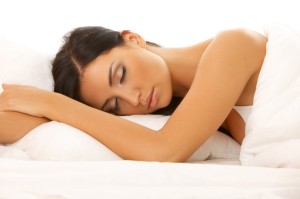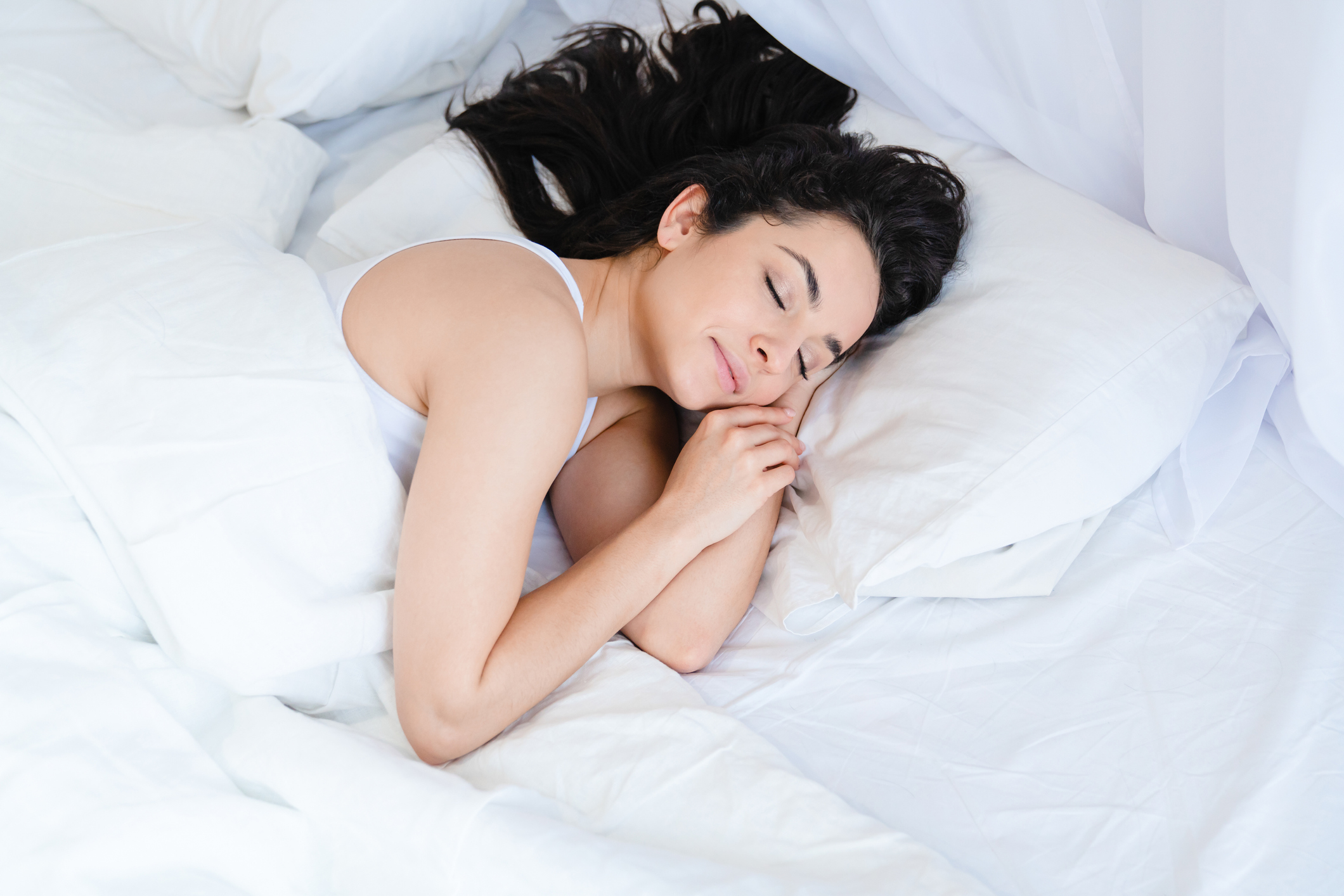
There are several simple things that you can try to improve your emotional and physical well-being. One of these is getting enough sleep. The importance of sleep cannot be underestimated. I, admittedly, am guilty of not getting enough sleep myself, but I am working on it. As a nation, the U.S. is sleep-deprived. About 100 years ago, we averaged 9.0 hours of sleep. Now we average 6.9 hours per night, and 60% of American men average less than 6.0 hours per night.
It’s a challenge to get enough sleep. We work more hours per week nowadays (averaging 9 more hours of work per week than we did 20 years ago). Our email, cell phones, iPods, XBoxes, etc. are great but they are constantly vying for our attention. They we must go thru our mail, pay bills, clean house, make & eat dinner, spend time with our kids, spend quality time with our significant other…no wonder why we feel pressed on time! We feel incomplete or that we are missing out on something important unless we finish “just a few more” things.
The Negative Effects of Sleep Loss
It is true that most people need around 8 hours of sleep per night. We delude ourselves when we think we operate just fine with much less than this. Study after study show that our performance on cognitive tasks declines with reduced sleep. In fact, sleep deprivation decreases our performance in all aspects of functioning: mood, memory, attention, concentration, alertness, stamina, physical health, reasoning, problem-solving…you name it! You’ve probably also read about the studies that indicate driving while sleep-deprived is comparable to driving while intoxicated.
What has happened is that we have just grown so accustomed to sleep deprivation that our decreased performance now feels “normal.” I don’t think that it’s a coincidence that our decreased sleep over the past few decades correlates with the rise of coffee bars like Starbuck’s as well as the use (and abuse) of stimulant medication. We don’t just want our Starbuck’s Venti coffee, we need it!
Here’s the truth: Because your performance and efficiency decrease when you are sleep-deprived, you don’t come out ahead by robbing your body and brain of those extra hours of sleep. Moreover, do you ever notice those times of the day when you zone out? Your eyes are heavy or you just tune out from several seconds to several minutes? It might seem like Attention-Deficit/Hyperactivity Disorder(ADHD), but it’s more likely that it is sleep loss. Those might be your body trying to make up for the sleep debt through “microsleep episodes.” They can be a signal that you ought to get a few more hours of rest.
On a personal note, I’ve noticed how much more vibrant and alive I feel when I’ve had enough sleep. Funny thing is that I didn’t even realize how sleep deprived I was until I started getting enough sleep. I had just gotten used to a below average level of functioning.
Try a Sleep Experiment
If any of this sounds familiar, you might just try to get more sleep. Consider it “sleep therapy.” Log off, turn off the TV, put down that book and just try going to bed about an hour or so earlier as a week long experiment. If you feel a lot better, and you notice that you are more awake & alert, in a better mood, and less dependent on that coffee, then you know that you should try to make a more permanent change.

